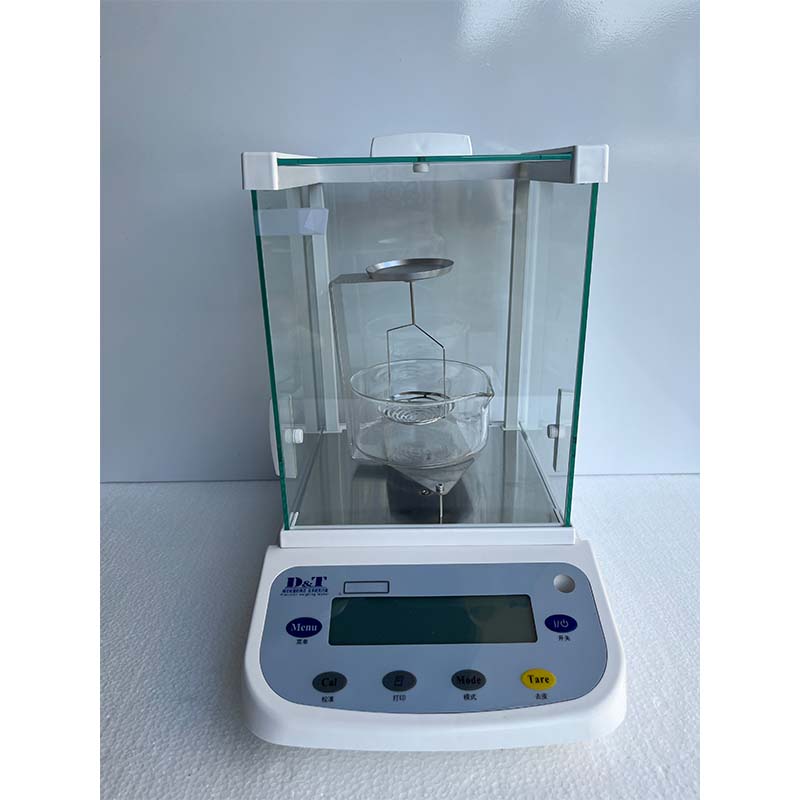Spark Testing Equipment Manufacturing Solutions for Quality Assurance and Performance Optimization
Exploring the Spark Testing Machine Factory Ensuring Quality and Precision in Testing
In the realm of manufacturing, quality control is an indispensable aspect that dictates the reliability and performance of the end products. One of the pivotal instruments in this pursuit is the spark testing machine, a sophisticated device designed to detect faults in insulation materials and ensure the safety of electrical systems. This article delves into the workings of a spark testing machine factory, highlighting the intricacies of production, testing, and the significance of these machines in various industries.
The Need for Spark Testing Machines
Electrical insulation is a critical component in ensuring the safe operation of electrical devices. Any failure or compromise in insulation can lead to catastrophic outcomes, including electrical fires, equipment damage, and potential hazards to human safety. Spark testing machines serve as a preventive measure by applying high-voltage sparks to insulation materials, thereby testing their integrity. These machines are essential across diverse sectors such as manufacturing, automotive, aerospace, and energy, where electrical safety is paramount.
The Manufacturing Process
The production of spark testing machines begins with meticulous design and engineering. A typical spark tester consists of a high-voltage generator, electrodes, and a control unit, all of which must be precisely engineered for optimal performance. Factories that specialize in manufacturing these machines adopt a rigorous approach in their processes.
1. Material Selection The components of a spark testing machine must withstand high voltages and thermal stresses. Therefore, manufacturers select high-quality materials, such as durable metals and insulated plastics, ensuring longevity and reliability.
2. Assembly and Integration Once the components are manufactured, they are assembled following strict protocols to maintain safety standards. Skilled technicians integrate the electrical systems with the mechanical components, ensuring that all parts function cohesively.
3. Quality Assurance Every unit produced undergoes a series of quality checks. These assessments include testing the machine's ability to generate and withstand high-voltage sparks. Compliance with international safety standards is critical, and manufacturers frequently seek certifications such as ISO to validate their quality systems.
spark testing machine factory

Testing Procedures
After assembly, each spark testing machine is subjected to rigorous performance testing. These tests simulate real-life conditions to verify that the machine operates effectively under different scenarios.
- Voltage Testing The machine is subjected to varying levels of voltage to ensure it can handle unexpected surges and still function without failures. - Spark Gap Testing The spark gap—the distance between electrodes—is meticulously adjusted to ensure that it meets the required specifications for different materials.
- Endurance Testing Machines are operated for prolonged periods to assess their durability and reliability, ensuring they can perform consistently over time.
The Importance of Precision
The precision of spark testing machines is crucial. Even minute discrepancies in voltage can lead to false readings, resulting in improperly vetted products. Hence, manufacturers invest heavily in research and development to continually enhance the technology behind spark testing. Automation and advanced analytics are increasingly being integrated to improve accuracy and efficiency, reducing human error in testing processes.
Conclusion
As industries evolve and the demand for safe electrical systems increases, the role of spark testing machines becomes ever more critical. The commitment to quality and precision in spark testing machine factories not only safeguards the integrity of insulation materials but also plays a pivotal role in enhancing overall industrial safety. By ensuring that these machines are designed, manufactured, and tested to the highest standards, businesses can protect their products, employees, and customers alike. Thus, the spark testing machine factory stands as a cornerstone of modern manufacturing, merging technology with safety to foster a more secure electrical future.
-
Why the Conductor Resistance Constant Temperature Measurement Machine Redefines Precision
NewsJun.20,2025
-
Reliable Testing Starts Here: Why the High Insulation Resistance Measuring Instrument Is a Must-Have
NewsJun.20,2025
-
Flexible Cable Flexing Test Equipment: The Precision Standard for Cable Durability and Performance Testing
NewsJun.20,2025
-
Digital Measurement Projector: Precision Visualization for Modern Manufacturing
NewsJun.20,2025
-
Computer Control Electronic Tensile Tester: Precision and Power for the Modern Metal Industry
NewsJun.20,2025
-
Cable Spark Tester: Your Ultimate Insulation Assurance for Wire and Cable Testing
NewsJun.20,2025
 Copyright © 2025 Hebei Fangyuan Instrument & Equipment Co.,Ltd. All Rights Reserved. Sitemap | Privacy Policy
Copyright © 2025 Hebei Fangyuan Instrument & Equipment Co.,Ltd. All Rights Reserved. Sitemap | Privacy Policy
